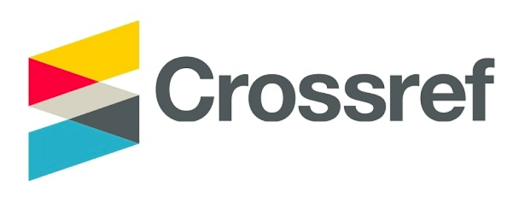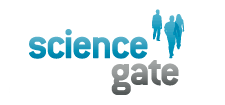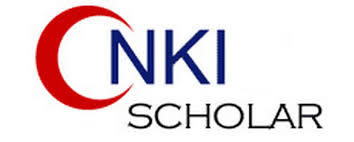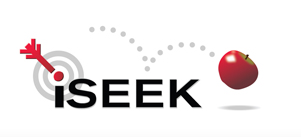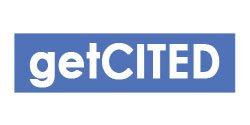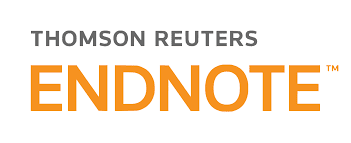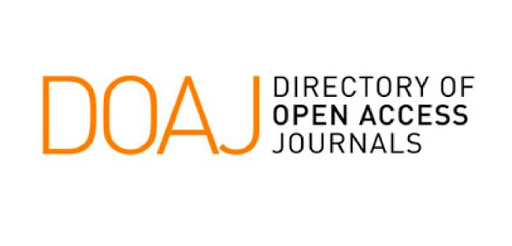Paper ID : SMJ0711235711620 | View : 23

Abstract : Epilepsy is a prevalent neurological disorder often associated with negative connotations. Due to the nature of epileptic seizures, a social stigma persists around epilepsy. Epilepsy is more prevalent among vulnerable populations, who might be more affected by the psychosocial consequences of this stigma. Enhancing familiarity with epilepsy could significantly reduce its associated stigma. Therefore, evaluating the public’s knowledge and their attitudes toward the disease is essential. This study aims to assess the public’s knowledge of epilepsy, their attitudes toward it, and to compare our findings with previous similar studies. A cross-sectional study was conducted in early 2022 using an online survey. The survey collected socio-demographic variables, general knowledge about epilepsy, knowledge of first aid for seizures, and opinions and attitudes toward the disease. The survey was completed by 865 respondents, 465 of whom were males. The majority (82.3%) reported familiarity with the disease. Furthermore, most believed that epilepsy was not a barrier to employment (75%) or marriage (79.8%). More participants were willing to hire someone with epilepsy (66.2%) than to marry someone with the condition (32.9%). When questioned about their potential reactions to witnessing a seizure, the majority (N=674) reported that they would intervene. Our findings suggest that the public generally has a positive attitude toward epilepsy. However, there is a clear need to improve public un

